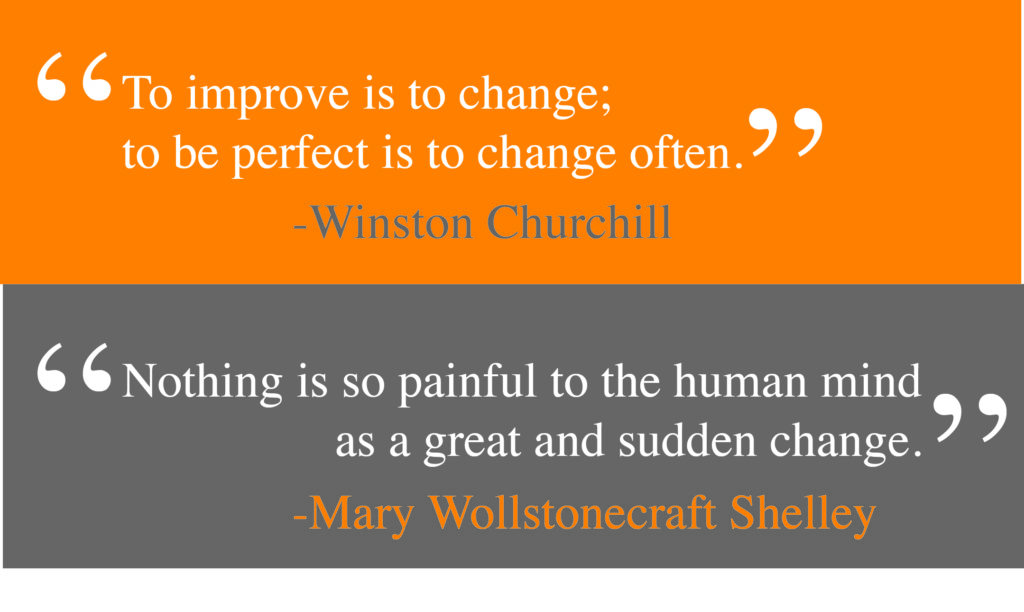Have you ever gotten out of a bad relationship and wondered, “Why didn’t someone warn me about this clown?”
Yeah, me too. This begs the question: why do we check references during the hiring process but not during the dating process? (Arguably, the stakes for the latter — marriage, divorce — are slightly higher.)
My hunch is because no one wants to hand over a list of exes. Can you imagine? (Insert horrified emoji face here.)
Luckily, it’s not that way in the interview process. We’re not surprised (or appalled!) when a hiring manager asks for references.
In fact, references are a great way for us to stand out during the interview process. With that in mind, here are six things to consider the next time you’re asked for references.
- If a job application asks for references, provide them! This sounds rather obvious, but some candidates mystifyingly neglect to include them. A request for references is essentially an organization asking, “Can you send us a list of three people who will boast about you?” Naturally, you should respond in the affirmative!And, of course, not including them might cost you the job. As a client recently told me, “We rarely interview anyone who doesn’t provide us with references when we ask for them in the job posting. Simply adding ‘references provided upon request’ doesn’t cut it. If we ask for references as part of the application, then we’ve requested them!”
- When providing references, list the relationship or affiliation you have with each. This will provide the hiring manager with much needed context. Was the reference a professor in college? Your boss at your last job? A co-worker at your current job?
- Include a telephone number and email address for each reference. Some hiring managers want to call references, while others prefer to start with an email or send a written reference form. Make the hiring manager’s life easier by providing both forms of contact information. Also, if you have a reference who is difficult to reach, help the hiring manager understand how to best connect with that person. For instance, “Mr. Smith travels frequently and may be difficult to reach via phone. He responds more quickly to emails.”
- When choosing references, select those with whom you have worked closely and who are familiar with your current work/skills. There’s nothing more awkward than calling a reference who responds to questions by saying, “I don’t know. I didn’t work that closely with her.” or “I can’t recall. I haven’t worked with him in 10 years.” After all, you don’t want the hiring manager to think you’re so desperate for someone who will say nice things about you that you’ve chosen your middle school English teacher.
- If possible, choose references with whom the hiring manager is familiar. Hiring managers love to see a reference list that includes people they know or with whom they are at least familiar. Getting a positive reference from someone they trust can go a long way to bolster your candidacy.
- Keep your references informed. Let your references know if you’re actively job seeking. And if you have reason to believe a hiring manager will be contacting your references about a specific job, give them a heads-up about the role. In that case, it won’t hurt to send your references the job description in advance; the more they know about the role, the more they can brag about your ability to hit it out of the park. Finally, if you land the job (or even if you don’t!), make sure to thank your references!
Now, while you’re busy updating your reference list, I’m going to call my husband and ask how he would have responded had I asked for references when we started dating.







